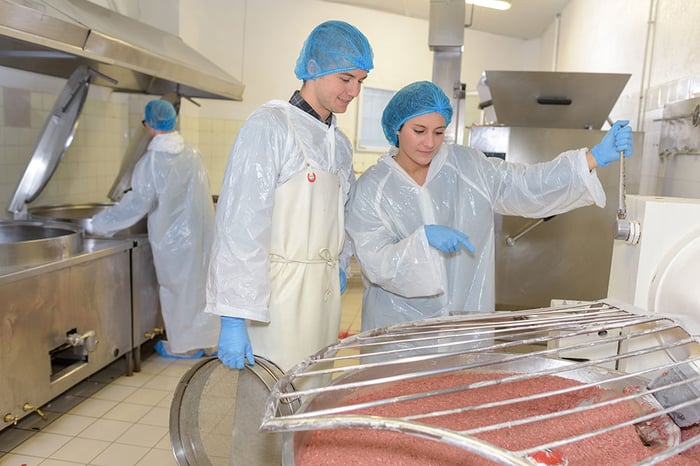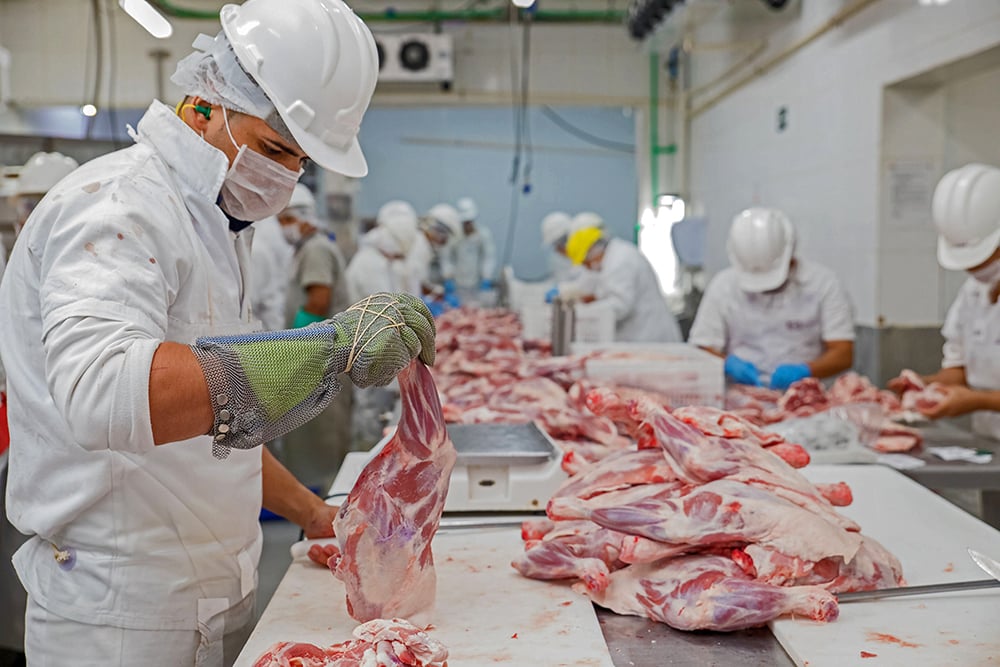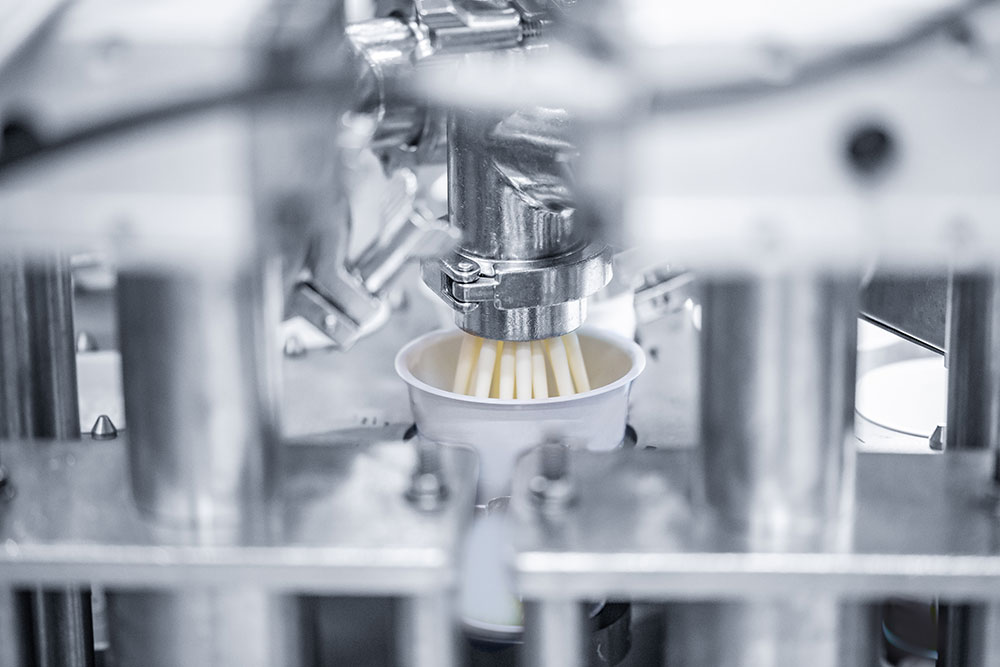The food and beverage industry is an industry that requires a serious commitment. It is an industry that must abide by strict government guidelines, with severe consequences for failing to do so. To succeed, food industry professionals need to do everything they can to stand out and show their commitment. One way to do that is to pursue further food industry training and gain food manufacturing certifications in areas relevant to your business's specific field.
What Are Food Industry Certifications, and Why Are They Important?
Food industry certifications are documents that certify a person has completed a specific course and met all the necessary requirements to work in that field. Taking the time to complete food industry training and certification shows a significant commitment to your work as an industry professional. They also help cultivate trust among consumers, who will see these certifications as an assurance that your facility and its products are safe and either meet or exceed government standards.
The Food Safety Modernization Act of 2011 (FSMA) is a piece of legislation aimed at strengthening the food safety system in various ways. While it does not make certifications a requirement for food industry professionals, it strongly encourages them to further their education and seek out any certifications relevant to their company.
The Most Worthwhile Food Manufacturing Certifications
There are many different certifications you can seek in the food industry. Some to consider include:
Hazard Analysis and Critical Control Points (HACCP) Certification
A HACCP food production course is a good option for those working in manufacturing, packaging, or processing plants and is maintained by both the FDA and USDA. HACCP certification focuses on addressing hazards on a chemical and biological level and preventing them before a product has its final inspection. Training in this certification helps identify any possible hazards at any point in the food production process and is a globally-recognized certification.
Safe Quality Food (SQF) Certification

SQF is a certification with international recognition from the Safe Quality Food Institute, a division of the Food Industry Association. It is a food processing certification that ensures the products a business buys meet global standards for food safety. Like with HACCP certification, having SQF certification assures consumers that the company has complied with the global food safety standards. SQF certification also demonstrates that the organization is dedicated to continually working to improve its systems.
ISO 22000 Certification

Developed by the International Organization of Standardization (ISO) in 2005, the ISO 22000 certification combines the ideas of a quality management system and principles from HACCP and other certifications. It is an excellent option for everyone in the food industry. A company that completes the ISO 22000 food production course certification will not just meet, but exceed, the set global food safety regulations.
This certification will also assure consumers about the quality of the products being produced. Other benefits of ISO 22000 certification include improved documentation and resources, enhanced communication concerning food safety issues, and a stronger sense of shareholder confidence.
Good Manufacturing Practices (GMP) Certification

The FDA created this food production course to help identify manufacturers who ensure their product's quality by establishing clear manufacturing procedures, documenting them, and providing thorough employee training in these procedures. At its core, GMP certification is focused on optimizing results while minimizing production, processing, and packaging risks. GMP regulations address a wide range of areas like record keeping, sanitation, and complaint handling. These regulations are flexible enough to allow for the unique situations presented by different food and beverage businesses.
Those who take the initiative to gain GMP food industry certifications are often seen as leaders and decision-makers in the workplace.
Certified Supply Chain Management (CSCM) Certification

Working with the supply chain is one of the most challenging parts of the food and beverage industry. Those who have passed the CSCM food processing certification exam have earned the CSCP–Certified Supply Chain Professional-designation. With CSCP certification, a supply chain professional will have the necessary tools to manage their company's various supply chain activities effectively.
Stand Out with Food Industry Certifications
The food and beverage industry is competitive, with professionals held to high standards. For a company to succeed, they have to produce quality food and beverage products, but they also have to earn the public's trust. While being transparent with customers and following government regulations is a good start, businesses and individual professionals can take it further by obtaining relevant food manufacturing certifications which shows a commitment to continuously improving business practices and food safety, which can go a long way in earning consumers' trust.
These are just some of the most relevant food industry certifications, but there are many more to consider–take the time to read more into them and find out which ones are best for your business.
Certifications Look to Establish a Clean and Safe Environment, the Foundation of Which is Proper Drainage
One way to severely limit issues with food production facilities is to install and maintain proper drainage systems. Even with all certifications in hand, if a facility or kitchen can’t be properly cleaned, disaster will be waiting around the corner. The foundation of a clean facility is proper drainage systems, the keystone of FoodSafe Drains.
Their modern drainage designs ensure well-draining facilities and ease of maintenance, allowing employees to work at their best in the cleanest environment possible. For more information on the best drainage systems for the food industry, contact the professionals at FoodSafe Drains today.



